What is the optimal daily intake of zinc for adult men, and why is this mineral particularly important for male reproductive health?
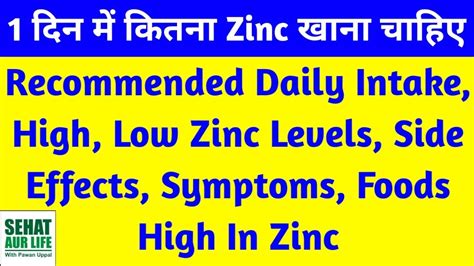
Zinc, often referred to as an “essential trace mineral,” plays a foundational role in over 300 enzymatic reactions within the human body. While vital for everyone, its significance for adult men extends beyond general immune function and metabolism, delving deeply into their reproductive health and hormonal balance. Understanding the optimal daily intake and the specific ways zinc supports male fertility and well-being is crucial for maintaining peak health.
Establishing Optimal Zinc Intake for Adult Men
For adult men, the recommended daily allowance (RDA) for zinc is typically set at 11 milligrams (mg). This guideline is established by health organizations like the National Institutes of Health (NIH) and is designed to meet the nutritional needs of most healthy individuals, preventing deficiency. However, specific needs can vary based on several factors, including diet (e.g., vegetarians or vegans may require more due to lower bioavailability from plant sources), strenuous physical activity, and certain medical conditions that affect absorption.

It’s important to note that while deficiency can lead to significant health issues, excessive zinc intake can also be detrimental, potentially interfering with copper absorption, causing nausea, vomiting, or even impairing immune function. Therefore, aiming for the RDA, primarily through diet, is the most prudent approach.
Zinc’s Pivotal Role in Male Reproductive Health
The importance of zinc for male reproductive health cannot be overstated. This mineral is intricately involved in several key processes that directly impact fertility and sexual function.
Testosterone Production and Regulation
Zinc is a critical player in the synthesis and regulation of testosterone, the primary male sex hormone. Studies have shown that even a mild zinc deficiency can lead to decreased testosterone levels. It affects the enzymes involved in testosterone production and also influences the release of luteinizing hormone (LH) from the pituitary gland, which in turn stimulates testosterone synthesis in the testes. Adequate zinc levels are thus essential for maintaining healthy libido, muscle mass, and energy levels.
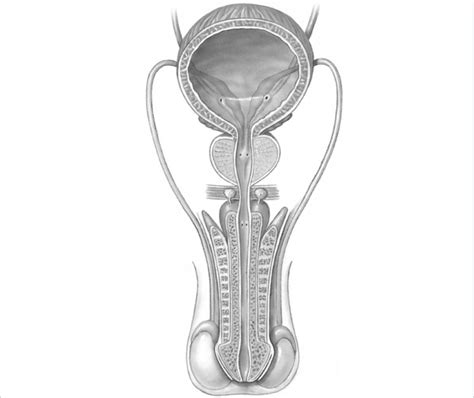
Sperm Quality, Motility, and Integrity
Beyond hormones, zinc directly impacts the health and function of sperm. It is present in high concentrations in the seminal fluid and within sperm cells themselves. Its roles include:
- Spermatogenesis: Zinc is essential for the entire process of sperm development and maturation.
- Sperm Motility: It contributes to the structural integrity of the sperm tail, which is crucial for their ability to swim and reach the egg.
- Antioxidant Protection: Zinc acts as an antioxidant, protecting sperm from oxidative stress and DNA damage caused by free radicals. This protection is vital for maintaining genetic integrity and improving the chances of successful fertilization.
- Membrane Stability: It helps stabilize sperm cell membranes, which is important for their survival and function.
Deficiencies can lead to reduced sperm count, decreased motility, and abnormal sperm morphology, all of which can impair fertility.
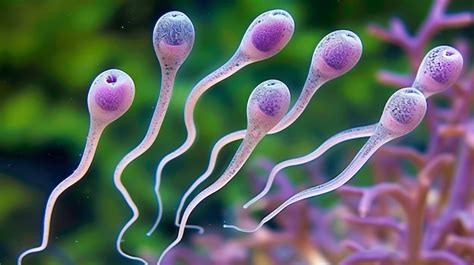
Prostate Health
The prostate gland contains some of the highest concentrations of zinc in the male body. While its exact mechanisms are still being researched, zinc is thought to play a role in regulating prostate cell growth and function, and it has been studied for its potential protective effects against prostate issues. Maintaining adequate zinc levels is therefore important for overall prostate health.
Recognizing Zinc Deficiency and Boosting Intake
Symptoms of zinc deficiency in men can manifest as low testosterone, reduced libido, decreased sperm quality, impaired immune function, hair loss, skin lesions, and poor wound healing. If you suspect a deficiency, consulting a healthcare professional is advisable.
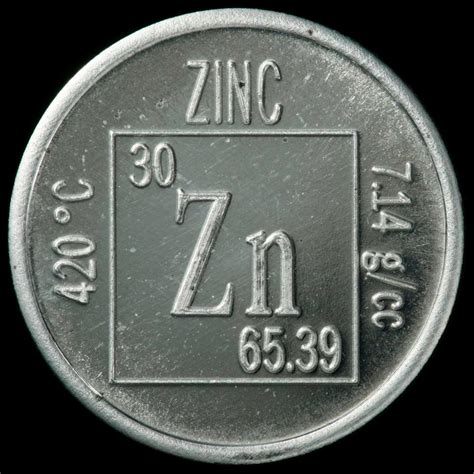
Fortunately, many delicious foods are excellent sources of zinc. Incorporating them into your daily diet is the best way to ensure optimal intake:
- Oysters: By far the richest source.
- Red Meat: Beef, lamb, and pork.
- Poultry: Chicken and turkey.
- Beans: Chickpeas, lentils, and black beans.
- Nuts and Seeds: Pumpkin seeds, cashews, almonds.
- Dairy Products: Milk, cheese, and yogurt.
- Whole Grains: Oats, quinoa, brown rice.
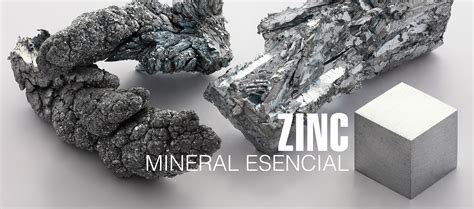
Conclusion
Zinc is an indispensable mineral for adult men, playing a multifaceted role that extends from general health maintenance to critical functions within the reproductive system. Adhering to the recommended daily intake of 11 mg, primarily through a balanced diet rich in zinc-containing foods, is key to supporting healthy testosterone levels, robust sperm quality, and overall male well-being. Understanding and prioritizing adequate zinc nutrition is a fundamental step towards optimizing male health.








